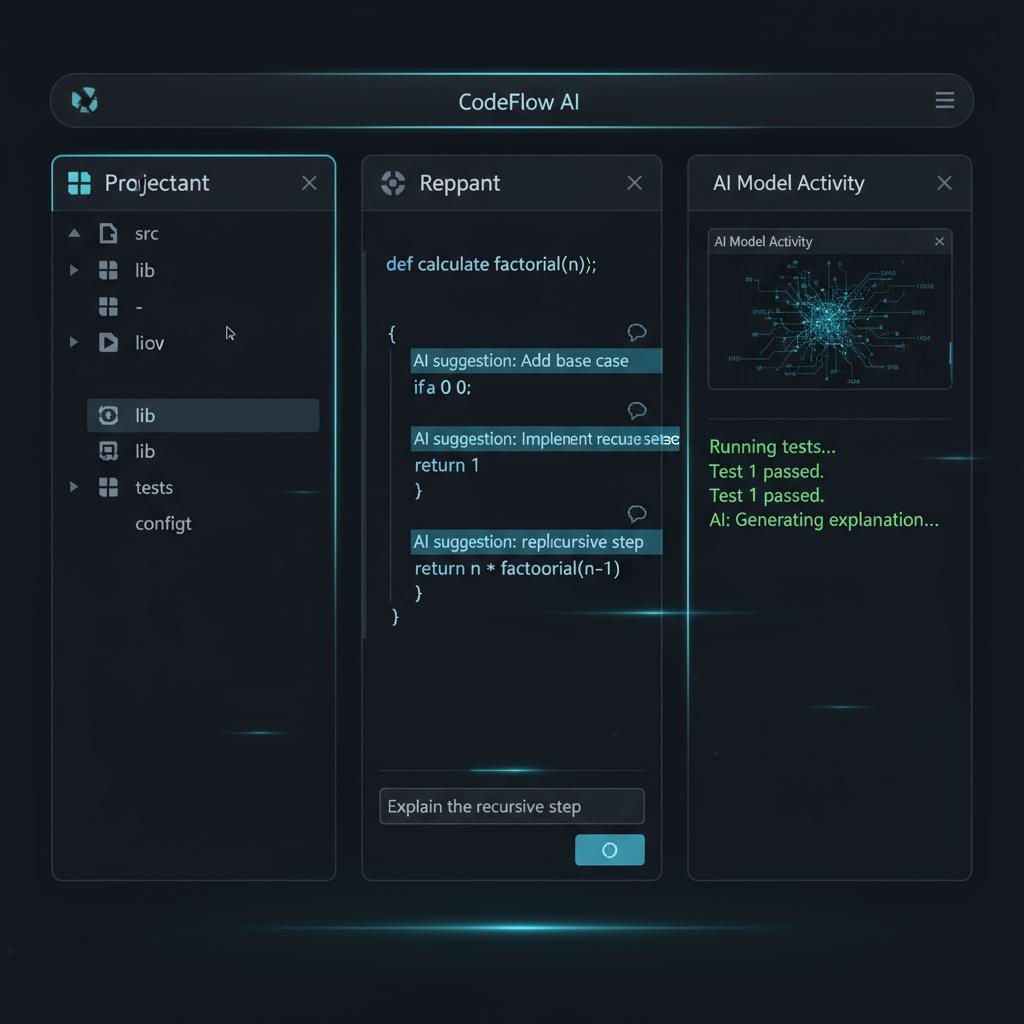AI-driven coding assistants are rapidly transforming the landscape of software development by enhancing productivity, improving code quality, and streamlining workflows. These intelligent tools automate routine coding tasks, enable real-time code suggestions, and help detect errors before they become costly issues.
By leveraging advanced machine learning and natural language processing, AI coding assistants generate relevant code snippets, complete functions, and offer context-aware recommendations tailored to a project’s architecture and standards. This integration reduces the need for developers to switch between applications and reduces cognitive load.
One of the most significant impacts of AI coding assistants is the boost in developer productivity. Industry research indicates that these tools can reduce manual coding time by up to 30% and drastically cut down on time spent testing, debugging, and documenting code. This allows engineers to focus on complex problem-solving and innovative aspects of software creation.
Beyond productivity, AI assistants contribute substantially to code quality. They catch common bugs early, provide optimization suggestions, and help maintain consistency across large and evolving codebases, effectively reducing technical debt and promoting long-term maintainability.
Moreover, AI-powered assistants support continuous learning by offering explanations for code suggestions. This feature aids less-experienced developers in grasping best practices quickly and fosters better collaboration within multidisciplinary development teams.
The integration of AI coding assistants is also redefining the entire software development lifecycle. Automation extends beyond code generation to predictive debugging and even to the creation of self-healing applications that autonomously detect and resolve issues, accelerating time-to-market and reducing production risks.
Leading examples like GitHub Copilot and IBM’s watsonx Code Assistant highlight how far AI tools have come. These platforms assist developers across various programming languages with features such as natural language input for coding tasks, automatic bug fixes, and optimized code production, exemplifying the new standard in development assistance.
In sum, AI-driven coding assistants have moved from experimental tools to indispensable components of modern software development. They enhance developer efficiency, foster innovation, and raise overall software quality, marking a pivotal shift in how software products are envisioned, built, and maintained.






